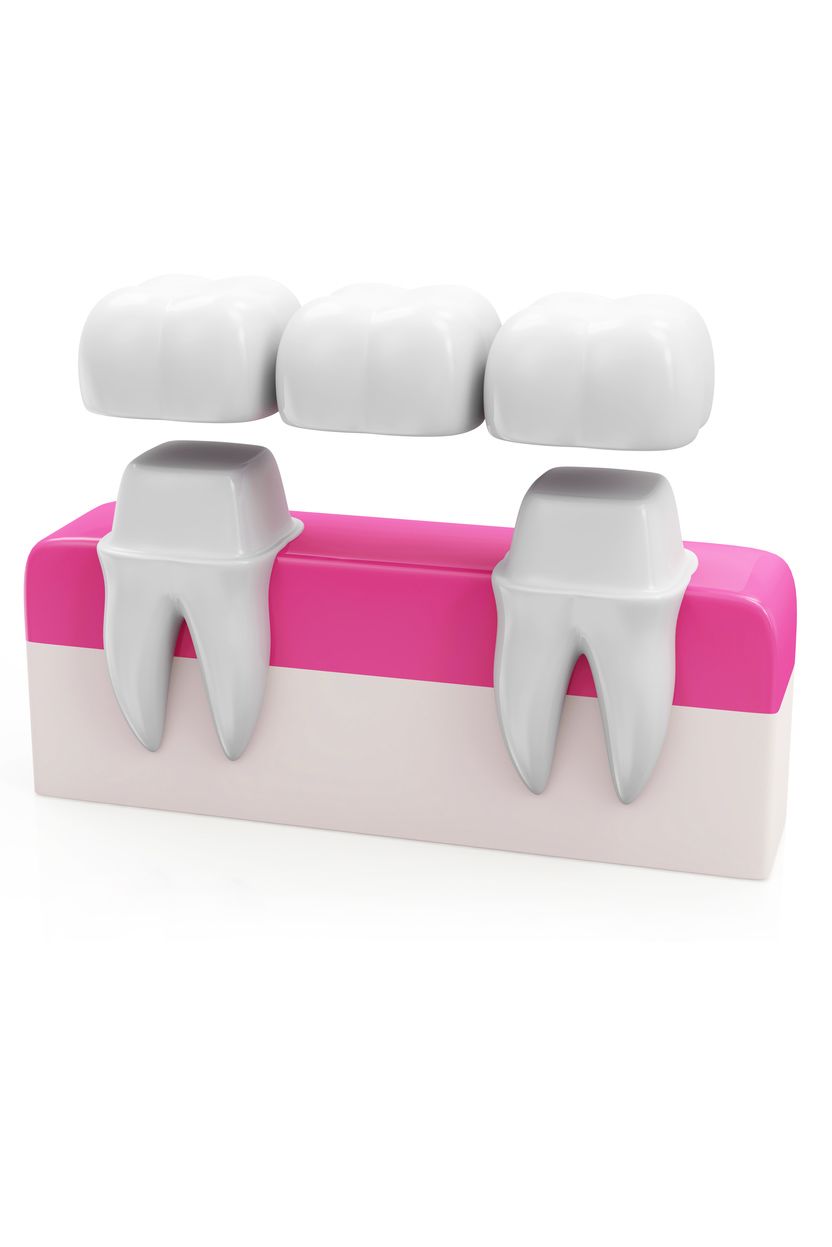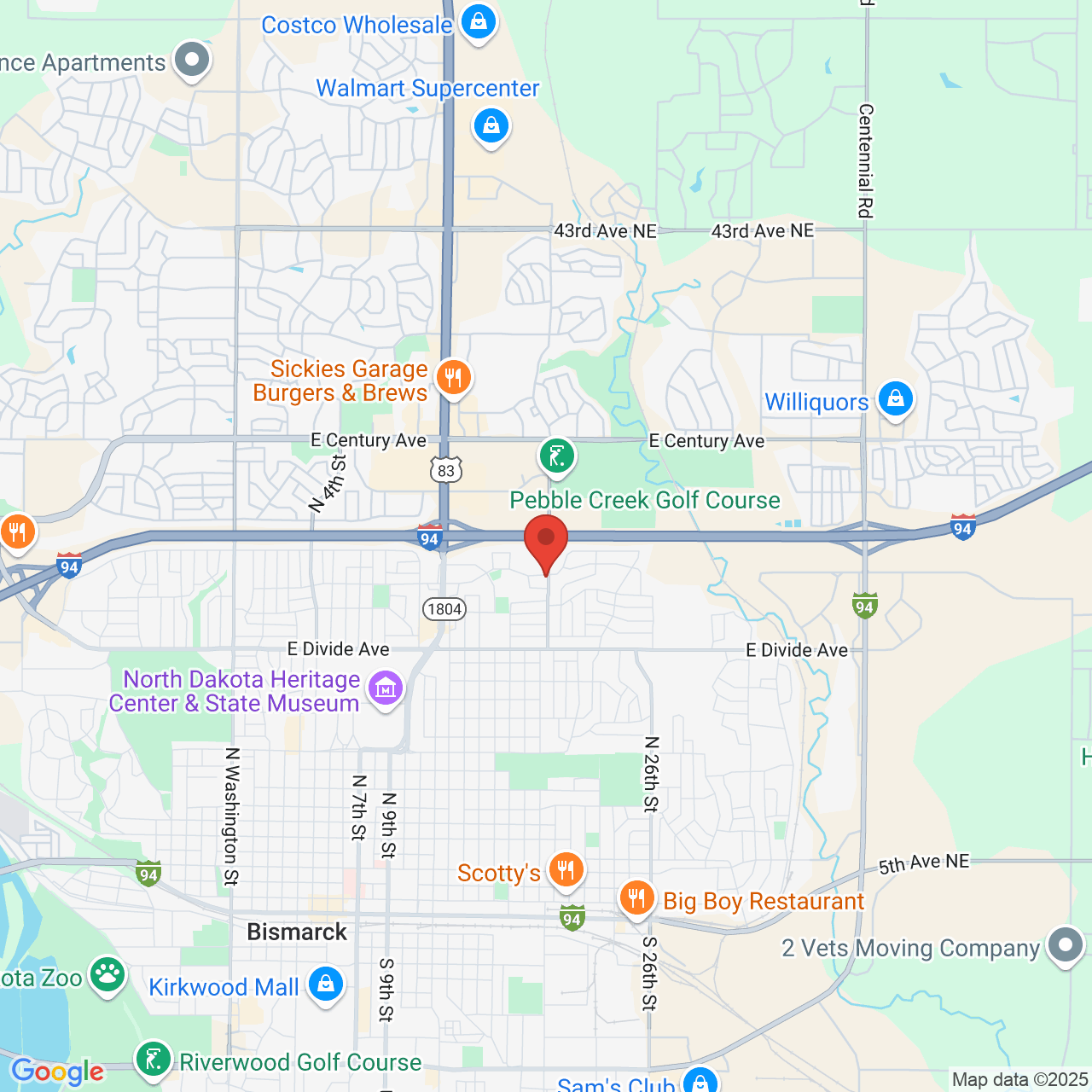Dental Bridge Recovery and Aftercare
 If you are missing a tooth, Dr. Everett E. Heringer. Dental bridges can help fill gaps left behind by a missing tooth, restoring the appearance of your smile as well as your ability to bite and chew normally. Countless patients in the Bismarck, ND area who’ve received dental bridges are satisfied with the results of treatment.
If you are missing a tooth, Dr. Everett E. Heringer. Dental bridges can help fill gaps left behind by a missing tooth, restoring the appearance of your smile as well as your ability to bite and chew normally. Countless patients in the Bismarck, ND area who’ve received dental bridges are satisfied with the results of treatment.
Many patients wonder what it’s like after getting a bridge placed. The team here at Heringer Dentistry would like to cover some of the basics below.
Discomfort After Getting a Dental Bridge
Since dental crowns are placed on existing teeth, patients are bound to experience some amount of discomfort when the bridge is first placed. This sensation is normal. Generally patients will experience a reduction in pain from day to day after the procedure is performed.
The discomfort is usually tolerable, and patients will not need to take time off from work after the procedure. You can take over-the-counter pain relievers as needed if the discomfort is too much to take.
Temporarily Adjusting Your Diet
One way to avoid discomfort when you have a new dental bridge in place is to adjust your diet slight. Try to eat soft foods or liquids to reduce pressure while biting and chewing. Chew on the opposite side of your mouth from the bridge if at all possible.
Our Bismarck dental care team also advises patients to eat food and drink beverages that are room temperature during this time. Hot or cold temperatures can trigger tooth sensitivity after a bridge has been placed.
Oral Hygiene After Getting a Dental Bridge
Just because you have a bridge in place doesn’t mean you should neglect good oral hygiene. Patients should still brush their teeth at least twice a day and floss at least Ince a day in order to prevent tooth decay and gum disease. Brushing and flossing after every meal is always best, so keep that in mind.
Patients should be gentle when cleaning the bridge and the teeth near the bridge to avoid discomfort. Do not tug with floss around the bridge to avoid dislodging the new crowns. If patients have a proxy brush or a waterflossing system, that can help prevent discomfort.
Avoid Tobacco Products
Smoking and the use of chewing tobacco is bad for your dental bridge and for your general dental health. Be sure to avoid the use of tobacco for a few weeks after a bridge has been placed. This may be a good excuse to kick the habit for good.
Avoid Alcoholic Beverages
Like tobacco products, alcohol can have a negative impact on your ability to recover after a dental procedure. Avoid alcoholic beverages for at least the first week or so after a bridge is in place.
Follow-Up Visits to Check Your Recovery Process
By the end of the first week, you’ll return to our practice for a follow-up visit. This will give us a chance to check on your recovery process and address any issues you may have experienced. Attend all of these visits as scheduled.
We Are Here If You Experience Any Problems
If your pain doesn’t improve or you experience any issues after the bridge was placed, contact our Bismarck dental center as soon as possible. It’s important that all pressing concerns be treated professionally in a timely manner.
Learn More About Dental Bridges
For more information about dental bridges and how to experience long-lasting benefits from treatment, be sure to contact a skilled cosmetic and restorative dentist. The team at Heringer Dentistry can be reached by phone at (701) 255-4850.


